Digital Banking in Asia: Singapore vs Hong Kong
Embargoed 00:01 27th September 2023
Key Research Findings
- Banking sector transforming towards online platforms in contemporary digital era.
- Singapore’s government acts as catalyst, promoting digital initiatives and fostering culture of innovation.
- Hong Kong’s regulatory framework traditionally leans towards conventional banking methods.
The latest data from RFI Global, a world-leading financial insights provider, highlights Singapore and Hong Kong as global epicentres for technology and finance. However, the question arises: which of the two has the edge?
Singapore’s Digital Advancements
With its advanced telecom infrastructure and widespread internet access, Singapore provides a fertile ground for the continued growth of digital banking.
The Singaporean government has long played a pivotal role in promoting digital initiatives and nurturing a culture of innovation. In contrast, Hong Kong’s regulatory framework has traditionally favoured more conventional banking methods. This distinction significantly shapes the trajectory of digital banking adoption in both vibrant economies.

Digital Banking Adoption Trends: Singapore vs. Hong Kong
Recent data from RFI Global reveals divergent patterns between heavy digital users and heavy traditional users in both Singapore and Hong Kong. While the proportion of heavy digital users and heavy traditional users was largely similar in the two markets in H2 2018, Singapore has seen a more rapid growth in the percentage of heavy digital users, , reaching more than a third (35%) of the retail banking population as of H2 2022. In contrast, Hong Kong’s growth in heavy digital users has been slower, with only a quarter of the population identified as heavy digital users in H2 2022.
Research indicates that youth, especially in Singapore, are leading the nation’s digital banking revolution. Almost 50% of Gen Z in Singapore prefer online banking, compared to 30% in Hong Kong. The inclination towards traditional banking remains consistent across age groups in both regions, but Hong Kong still has a higher percentage of traditional users.
Analysing Net Promoter Scores (NPS) for Digital vs. Traditional Banking
The evolution of banking in both Singapore and Hong Kong has witnessed a “tug-of-war” between digital and traditional channels, with customer loyalty hanging in the balance. By examining the Net Promoter Scores (NPS) of users in Singapore and Hong Kong, RFI Global discerns prevailing banking preferences.
The Significance of NPS in Modern Banking
Net Promoter Score (NPS) is a crucial metric that reflects customer satisfaction and loyalty. In Singapore, RFI data indicates that heavy digital users are more satisfied with their main banks than traditional users, suggesting the success of digital channels. Conversely, in Hong Kong, traditional banking resonates more with customers, as evidenced by higher NPS scores among heavy traditional users.
Regional Disparities and Implications
The contrasting NPS trends between Singapore and Hong Kong emphasize the need for banks to recognize and adapt to regional customer preferences. Singapore leans towards digital banking, while traditional channels hold sway in Hong Kong. This divergence underscores the importance of a tailored banking approach to cater to the unique needs of each market.

Digital Payment Systems - PayNow (Singapore) vs. FPS (Hong Kong)
As the world rapidly transitions to digital platforms, two prominent payment systems have emerged in Asia: PayNow in Singapore and the Faster Payment System (FPS) in Hong Kong. Both systems aim to simplify and expedite financial transactions, but their adoption and impact vary.
PayNow (Singapore)
- The digital payment service in Singapore PayNow allows individuals and businesses to instantly send and receive money through electronic channels.
- Users can transact using their mobile number, National Registration Identity Card (NRIC) number, or Unique Entity Number (UEN).
- It offers seamless integration with existing banking services.
- Supported by a comprehensive network of participating banks.
- Widespread adoption due to its convenience.
- Significant reduction in reliance on traditional payment methods like cash.
- Boosted the adoption of digital channels among individuals and businesses.
Faster Payment System (FPS) - Hong Kong
- FPS is Hong Kong’s answer to real-time digital payments, facilitating instant transactions.
- Enables real-time fund transfers.
- Users can make payments using the recipient’s mobile phone number, email address, or the FPS Identifier.
- Adoption rate is slower compared to PayNow in Singapore.
- Influenced by the city’s regulatory landscape and a historical preference for traditional banking channels.
The Future of Digital Banking in Asia
Singapore and Hong Kong have long been rivals in the world of finance and technology in the region. In recent years, however, Singapore has gained an edge over Hong Kong to become the top financial centre in Asia Pacific[1]. Amidst Hong Kong’s travel restrictions, political unrest, and differences in governance[2], competition between the two cities has intensified as they strive to establish themselves as the ‘leading global hub’. As the digital revolution continues to reshape the banking industry, both Singapore and Hong Kong will need to navigate these diverging trends and cater to the preferences of their respective customer segments.
[1] Bloomberg, Singapore Overtakes Hong Kong in World Financial Centers Ranking.
[2] The Economist, A winner has emerged in the old rivalry between Singapore and Hong Kong.
Ends.
Additional Notes for Editors:
About RFI Global
RFI Global was founded in Sydney in 2006 to provide financial intelligence for the Australian financial services market. It is now the world’s financial services community’s #1 data and insight partner. It serves 49 markets with a local presence in Sydney, Singapore, Dubai, London, Paris, Toronto, New York, and San Francisco. Since its inception, RFI has provided tailored subscription-based insight and data solutions for local, regional and global Financial Services players, enabling them to make data-driven decisions confidently and quickly.
To learn more, please visit: www.rfi.global.
For more information or to speak with a Spokesperson, please contact:
Chloé James
Group Director of Media & Communications at RFI Global
Email: cjames@rfi.global
Phone: +61 0451 118 042






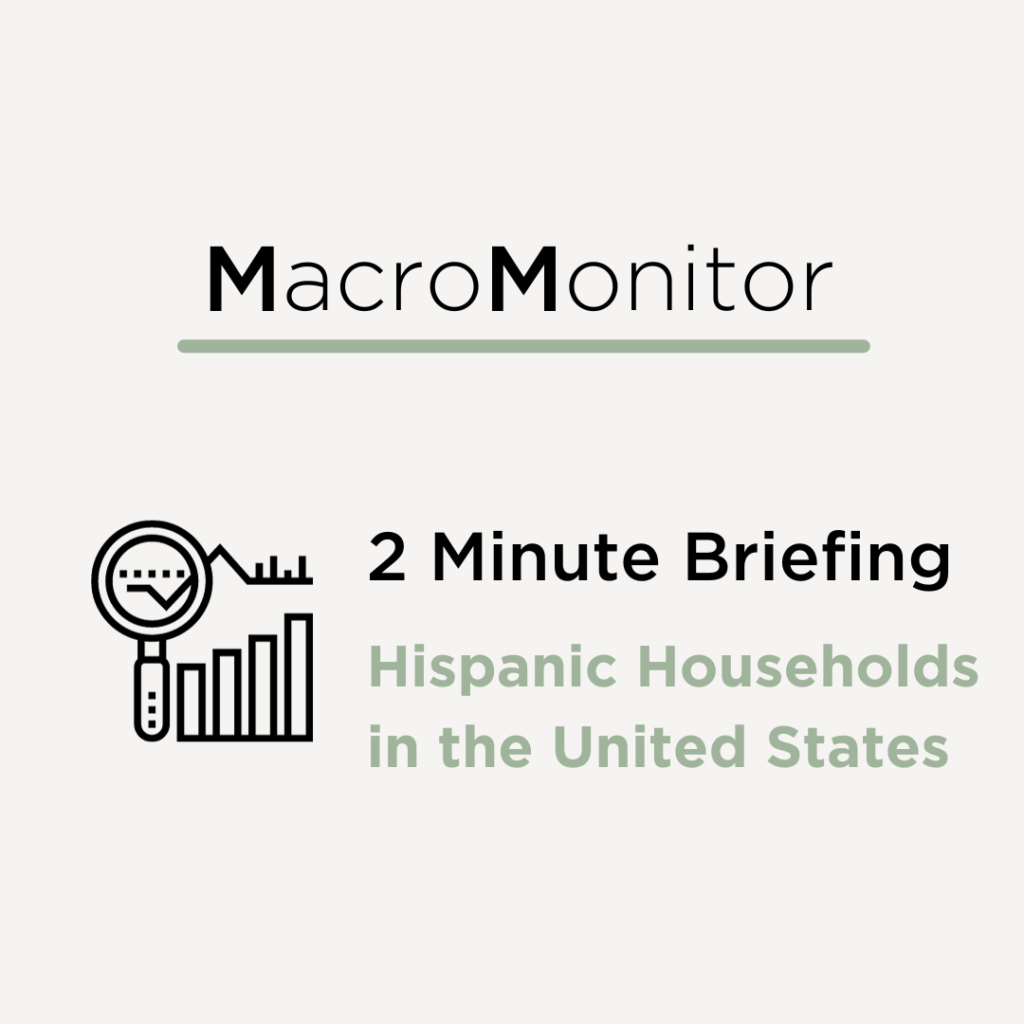
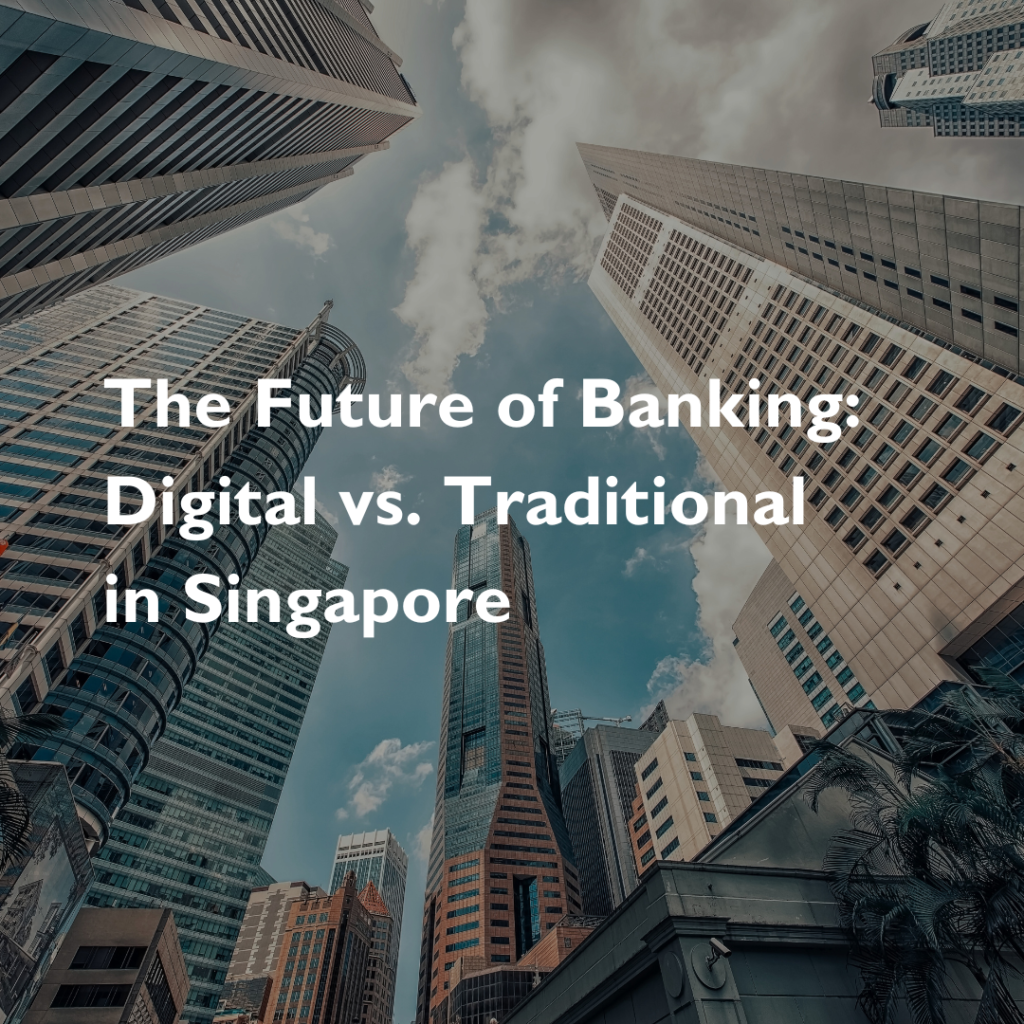












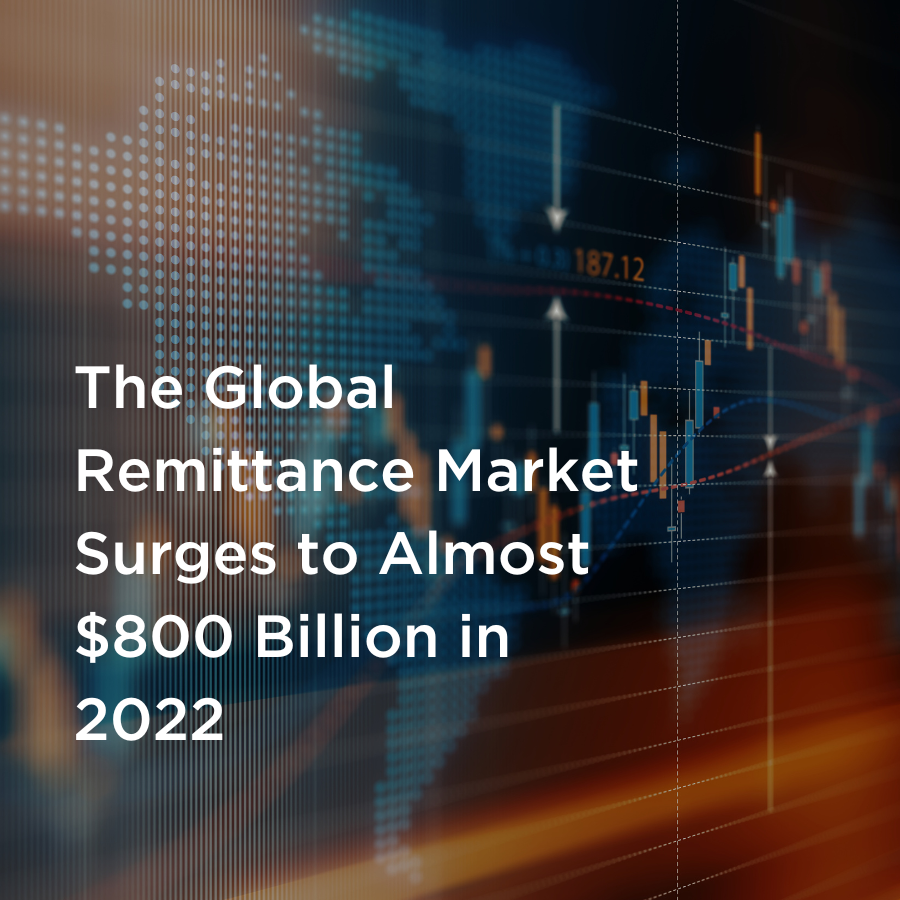





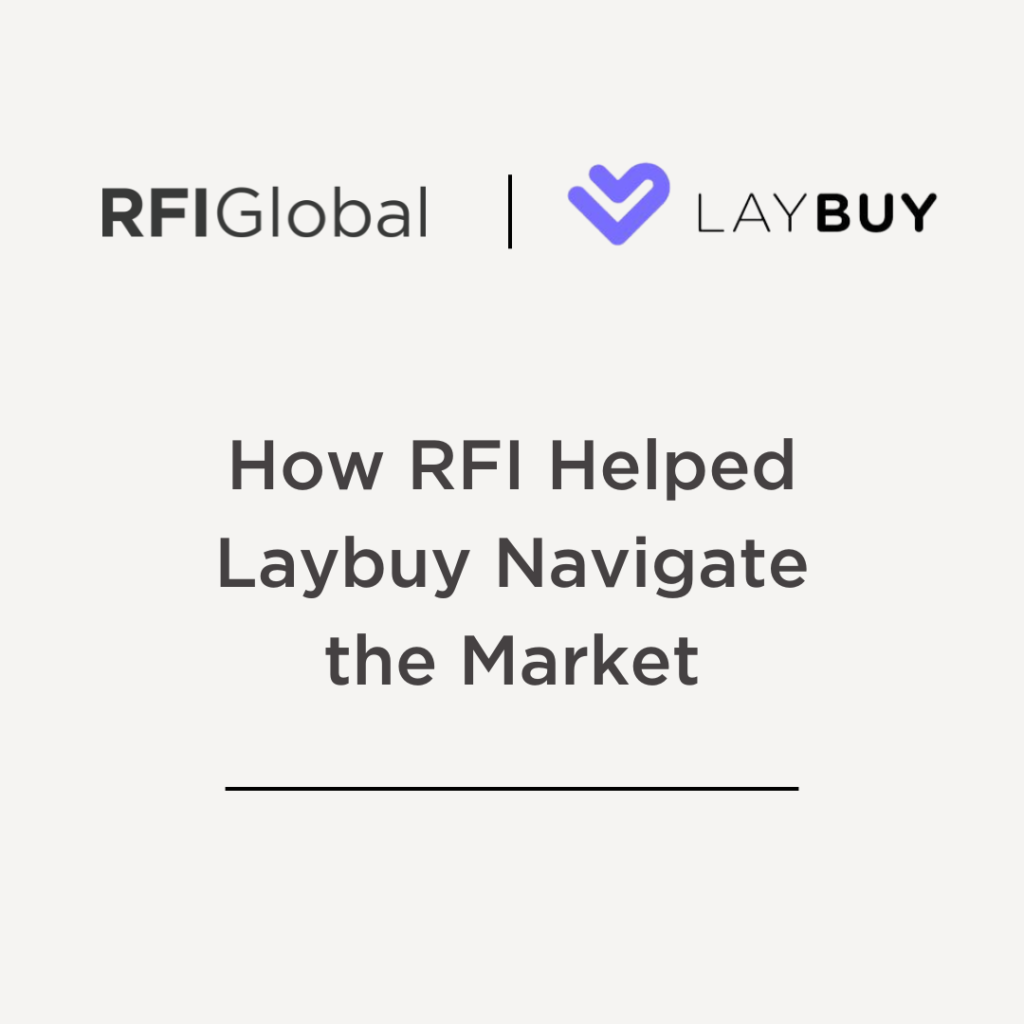
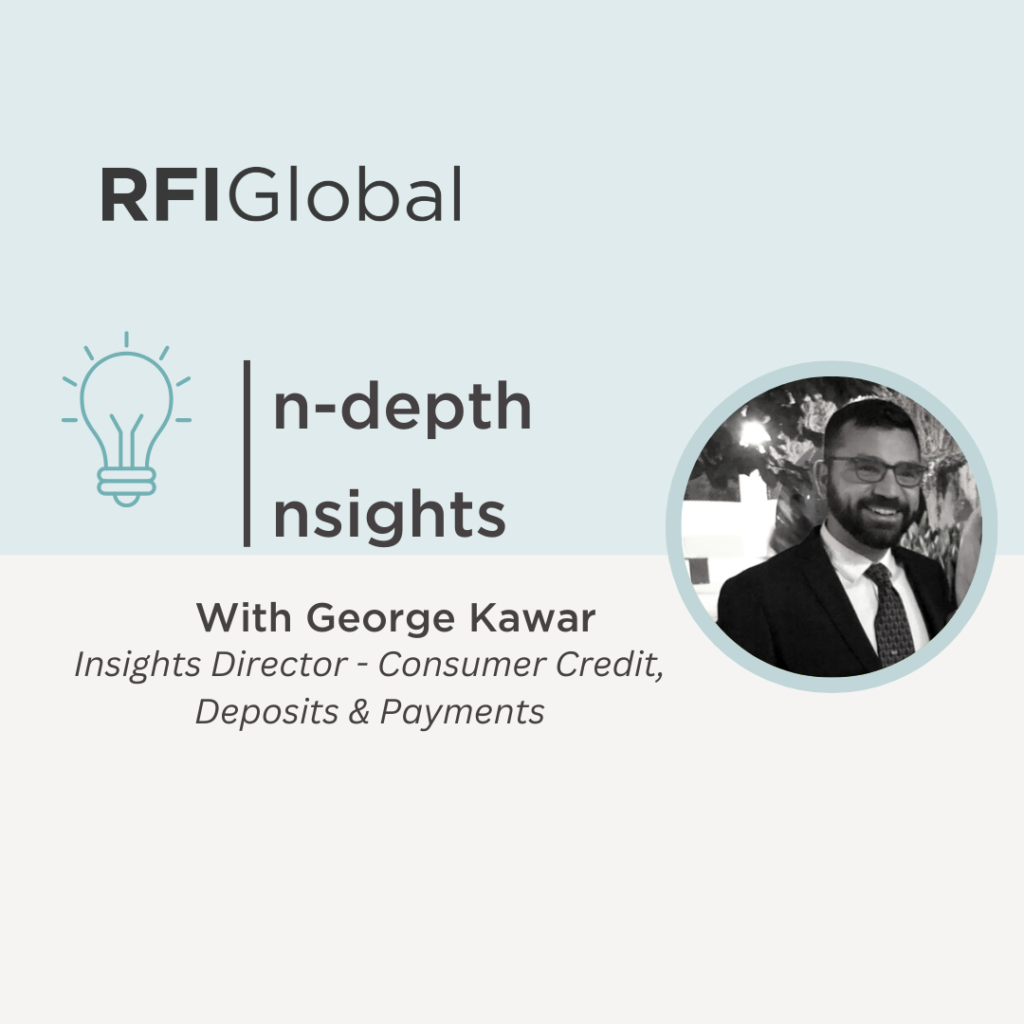


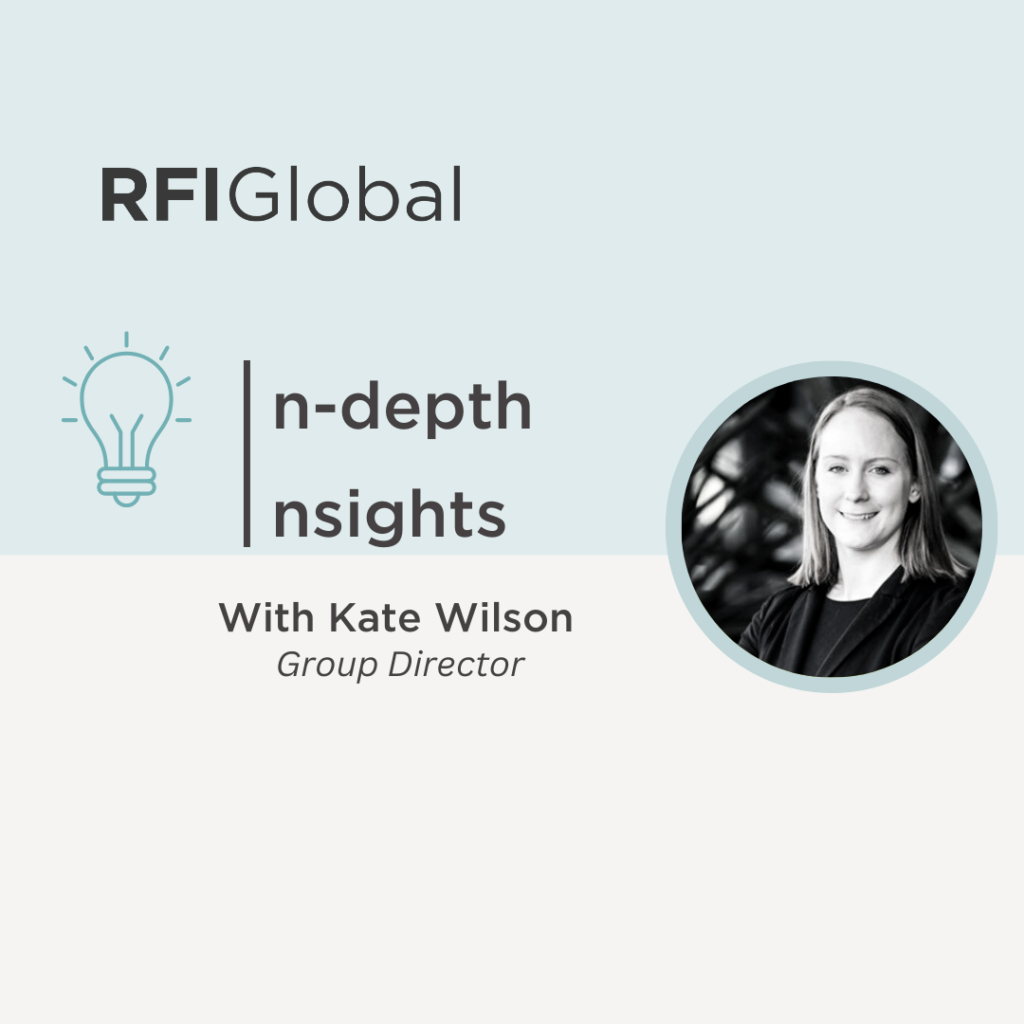







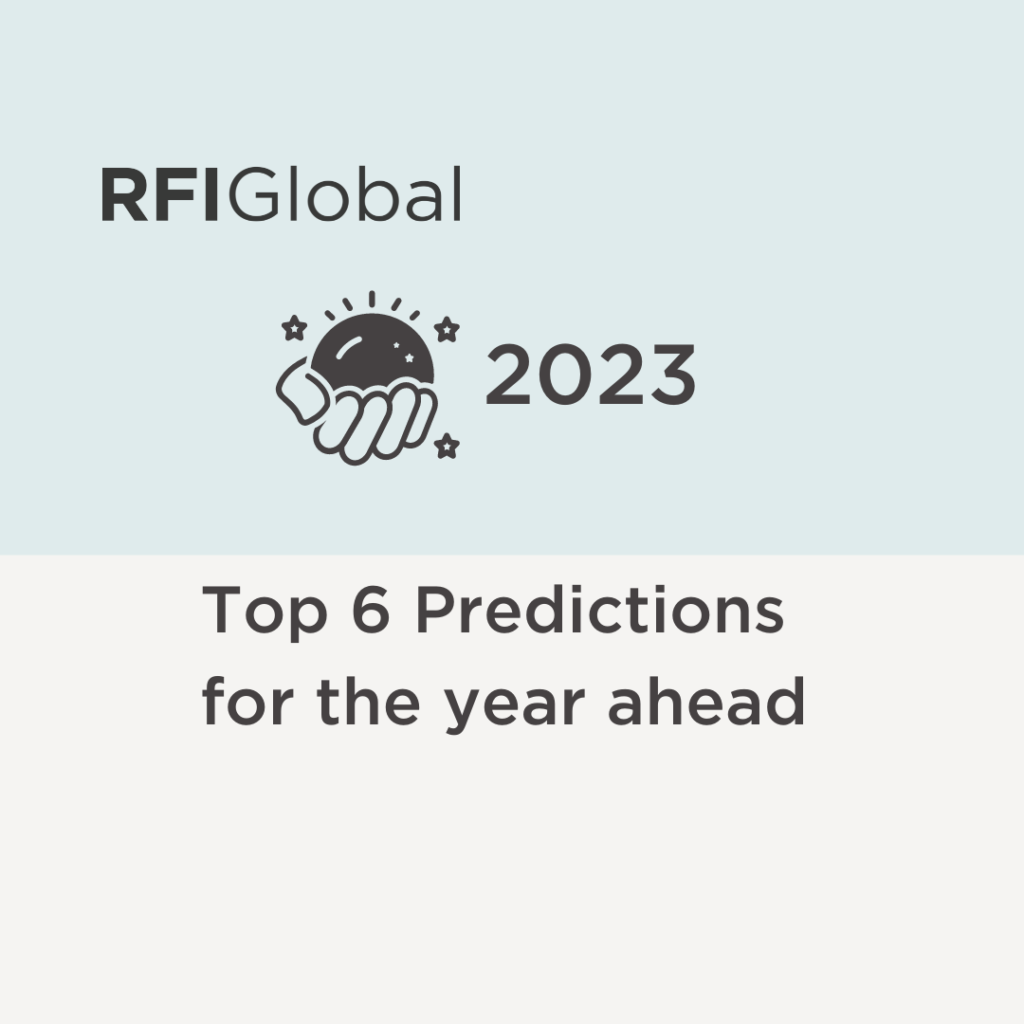
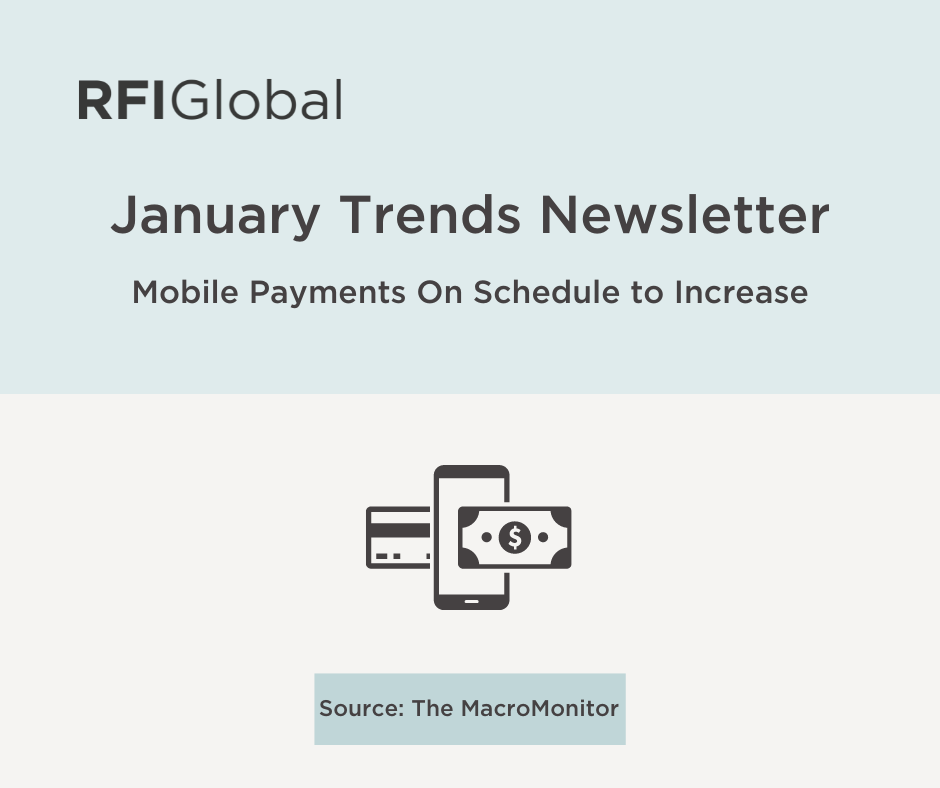





























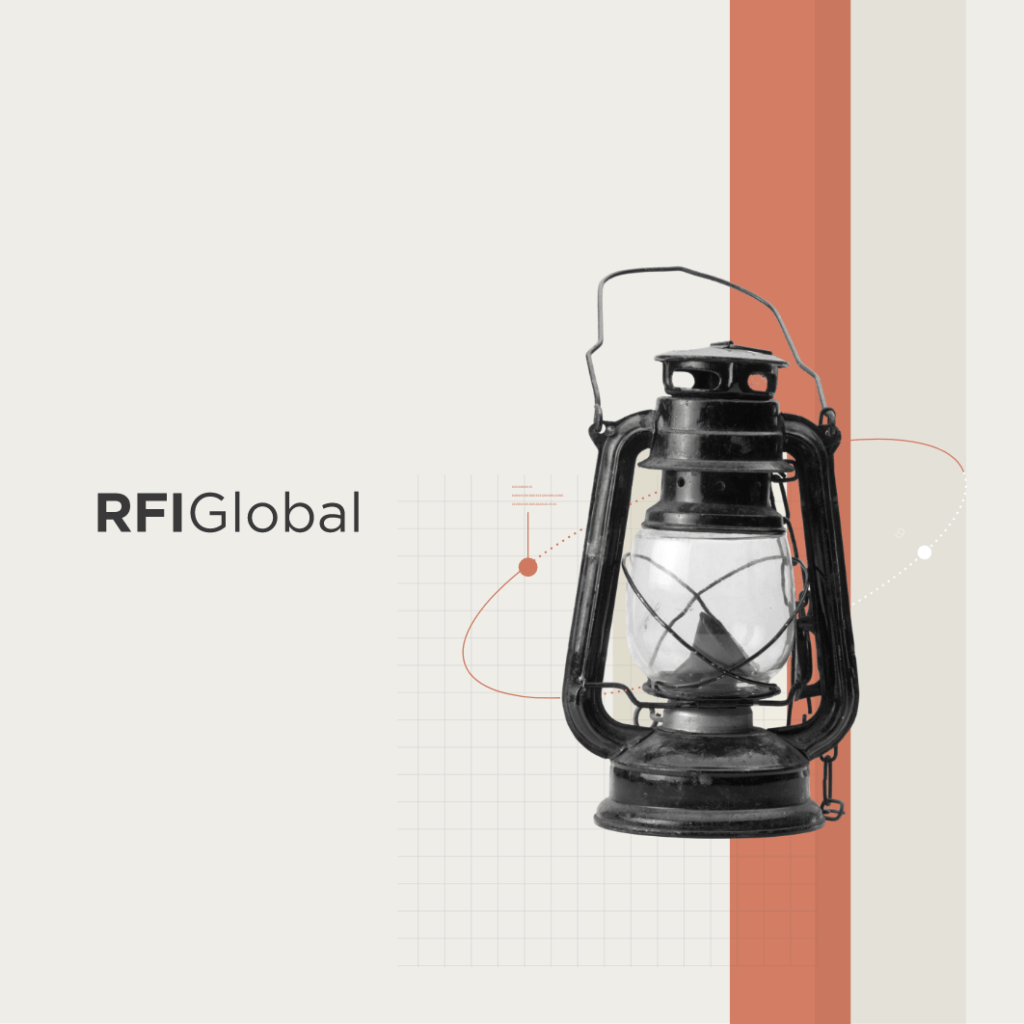

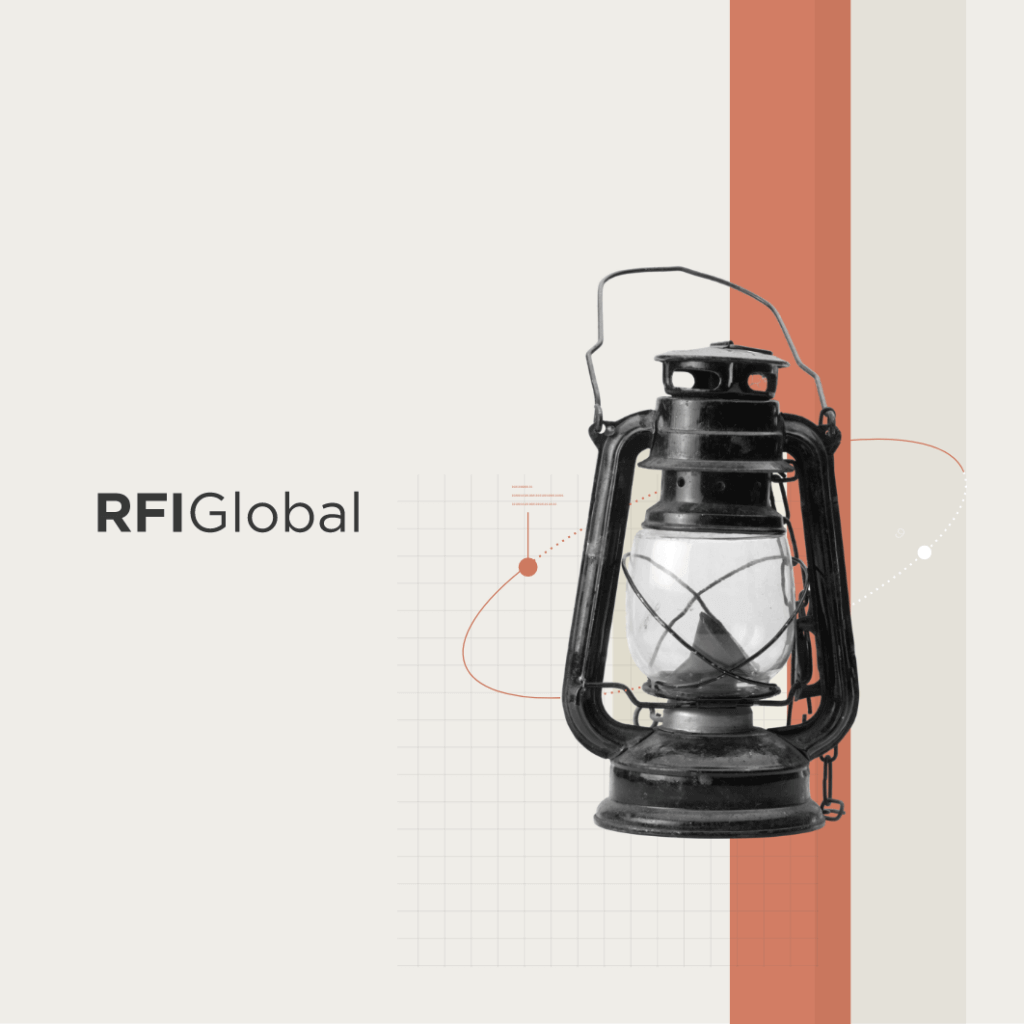
/NQA-ISO-27001-Logo-UKAS.jpg)